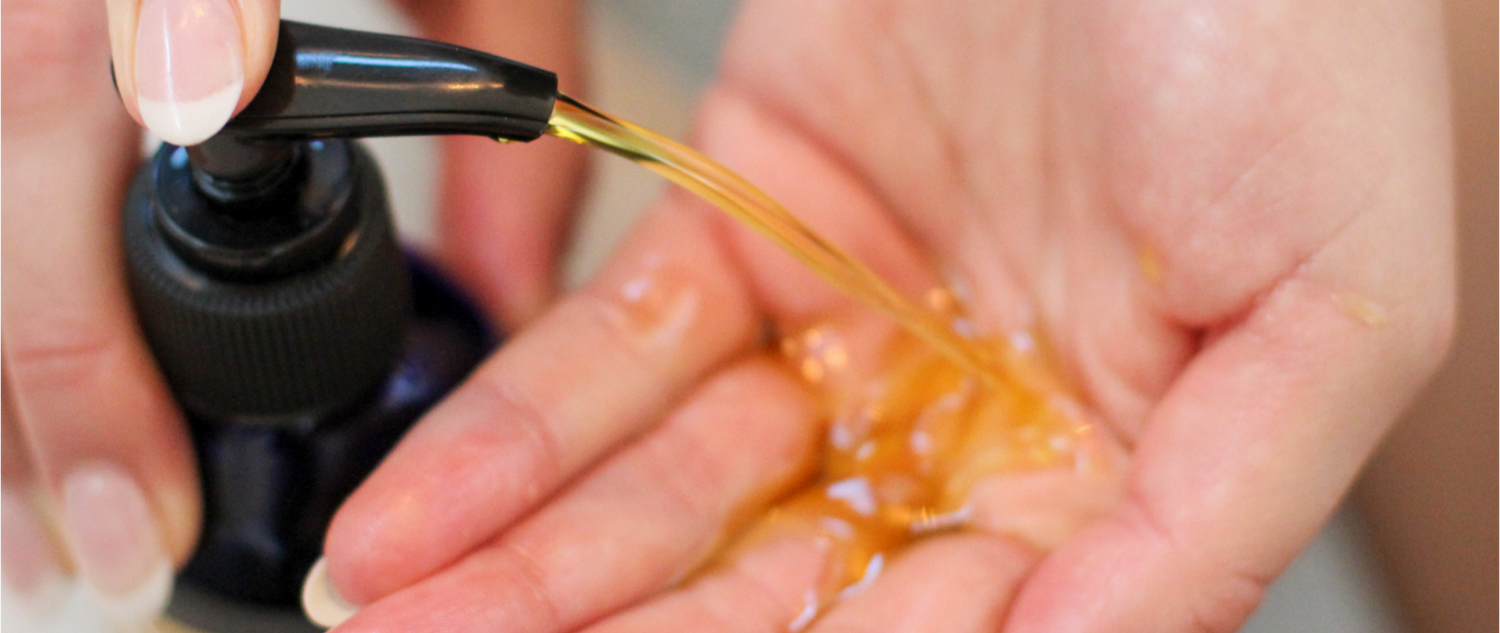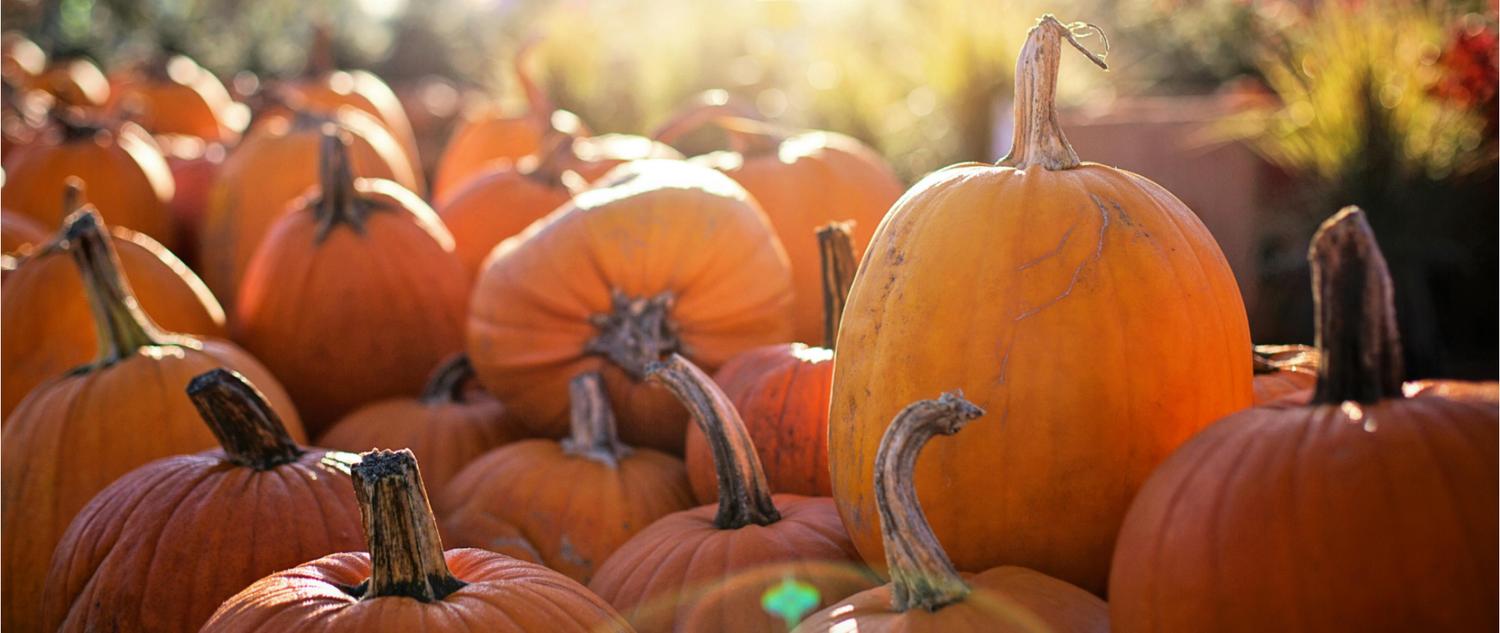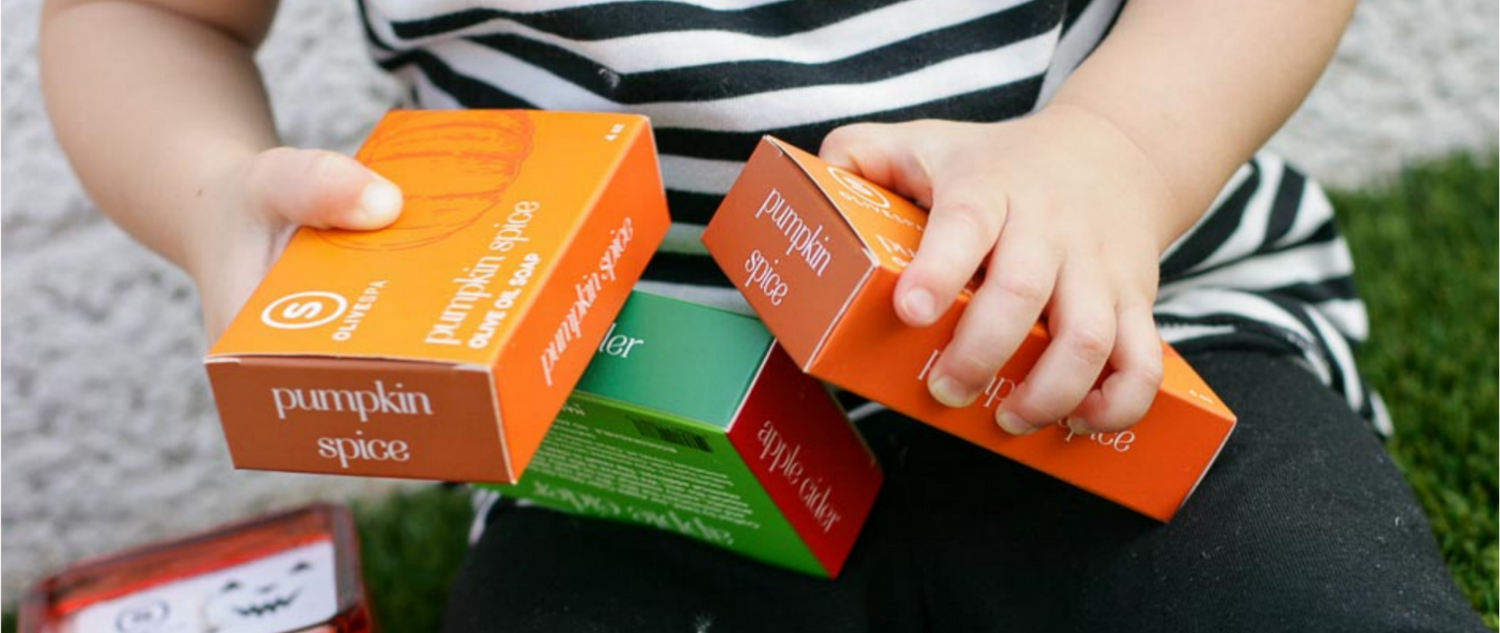By Estelle Rea Hamill
I am sure you have heard of essential oils in some one way or another. Whether you are a true natural health guru, or someone who loves clean cosmetics, and cleaning products, essential oils have become quite the buzz in the past few years.
At Olivespa, we are committed to producing clean and all-natural products. Because of this commitment, we have become very well acquainted with these dynamic, healing oils. So, we wanted to share some of our knowledge with you in order to help clarify some common questions and concerns.
Brief History on Essential Oils
Essential oils have been used throughout the world for thousands of years by the Romans, Greeks, in Traditional Chinese Medicine, Traditional Indian Medicine (aka Ayurveda), the Egyptians, and more. Throughout these different cultures, essential oils were used for a variety of reasons, from medicinal, to aromatics, perfumes, ointments and cosmetics. Then, in the 18th and 19th centuries, chemists began studying and documenting active constituents of medicinal plants. As we are all aware, today, essential oils are used far and wide throughout the world for self care practices, skincare products, and used clinically by aromatherapists, herbalists, naturopaths, chiropractors, yoga therapists, and more natural healers.
What Defines an “Essential Oil”?
An essential oil is an extract derived directly from a plant that retains the essence, or natural aroma of the plant source. These extracted oils have been studied over the last couple hundred years and are found to have very concentrated amounts of certain chemical components that can be extremely healing when used appropriately for a variety of ailments. There are many essential oils that are used commonly today such as lavender, tea tree, peppermint, eucalyptus, and lemon.
The Process
There are also many ways to extract these oils from the plants. Some of the most common ways to produce essential oils is through steam distillation, cold pressing, and CO2 extraction, while other ways, particularly enfleurage, are less common:
- Steam distillation is a process which uses steam to pull the oil from the plant, resulting in a natural separation of the oil from water (cooled steam).
- Cold pressing, also known simply as expression, is a method commonly used for citrus oils. As the name holds true, this method uses no heat in the extraction process, but instead uses the force of high pressure machinery to puncture and extract the oils from the fruit.
- CO2 (carbon dioxide) extraction, also known as supercritical extraction, is a process that typically yields an oil that hasn’t been damaged in any way from the heat of some other extraction processes. This method uses CO2 as a solvent in order to extract the plant essence. CO2 extraction will produce a substance similar to an absolute, but instead of using a solvent that isn’t necessarily healthful. The CO2 gas undergoes very high pressures and is compressed until it essentially becomes as dense as a liquid. At this phase, it is called supercritical carbon dioxide and this is where it acts as a solvent to extract the oil from the plants.
- Enfleurage, as the name may give away, is an ancient French method of extracting essential oil from delicate flowers. While it is a very labor-intensive process, it has been around since the early 19th century and has been used to produce some of the most delicate and beloved oils. This process uses an oil such as animal fat to soak up other oils from flower petals. A thin layer of oil is laid over a glass plate and the flower or plant is placed on top of the oil. Eventually, the base oil will begin the process of absorbing the scented oil from the plant or flower.
How to Spot a High-Quality Essential Oil
Because essential oil popularity has skyrocketed in the last few years, there have unfortunately been many instances in which essential oils are tampered with and are no longer actually considered essential oils, even though they may still be sold as such. In order to make sure you are using high-quality essential oils, and in turn obtaining the optimum benefits out of your essential oils, be sure to do your research! And by that, I mean get to know the company and read the label, make sure it mentions being “100% essential oil”, or look for the word “pure”. Read the ingredient list carefully, and be sure the oil is not cut with anything peculiar, there should be one ingredient, and it should simply be the plant’s essential oil. Be aware that the word “fragrance" in the ingredient list can imply that the oil is synthetic, and keep in mind the old saying, “You get what you pay for!”
Essential oils are highly sought after and work incredibly well when used properly. If you are interested in trying out some of Olivespa's favorite essential oils, we recommend checking out our selection, here.
I hope you enjoyed this blog, thanks for popping by!
Lots of Love,
The OLIVESPA Team





